Dhaka, the capital city of Bangladesh, has been ranked sixth on the global list of cities with the worst air quality, according to recent data. At 9:20 am on Friday ferbruary 9th, Dhaka recorded an Air Quality Index (AQI) score of 179, categorizing its air as 'unhealthy'.
Leading the list were China's Shenyang, Ghana's Accra, and Shanghai, occupying the first three spots with AQI scores of 242, 220, and 194, respectively. Dhaka's sixth-place ranking underscores the pressing issue of air pollution in the city.
The AQI classifies air quality based on several factors, particularly particle pollution. When the AQI value for particle pollution falls between 101 and 150, the air quality is considered 'unhealthy for sensitive groups'. A range of 150 to 200 is deemed 'unhealthy', while 201 to 300 is labeled 'very unhealthy'. A reading of 301 or above is classified as 'hazardous', posing severe health risks to residents.
The AQI serves as an indicator for reporting daily air quality, providing crucial information about the cleanliness or pollution levels in a particular city and the potential health effects associated with it. In Bangladesh, the AQI is determined based on five pollutants: particulate matter (PM10 and PM2.5), NO2, CO, SO2, and ozone. The presence of these pollutants contributes to the deteriorating air quality in Dhaka.Dhaka has long been grappling with air pollution issues, with air quality typically deteriorating during the winter months and improving slightly during the monsoon season.
According to the World Health Organization (WHO), air pollution is responsible for an estimated seven million deaths worldwide each year. The health risks associated with air pollution include increased mortality from stroke, heart disease, chronic obstructive pulmonary disease, lung cancer, and acute respiratory infections.



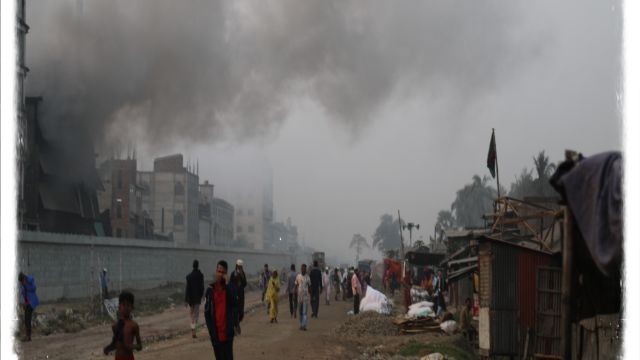


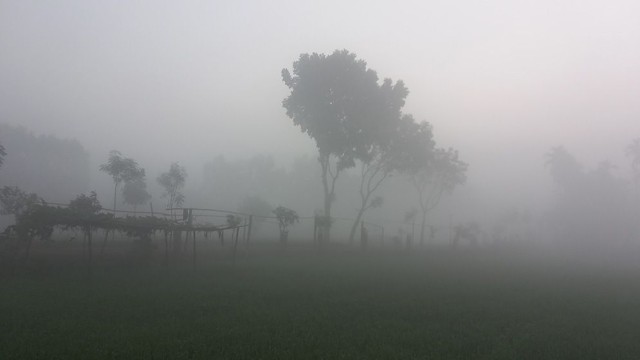
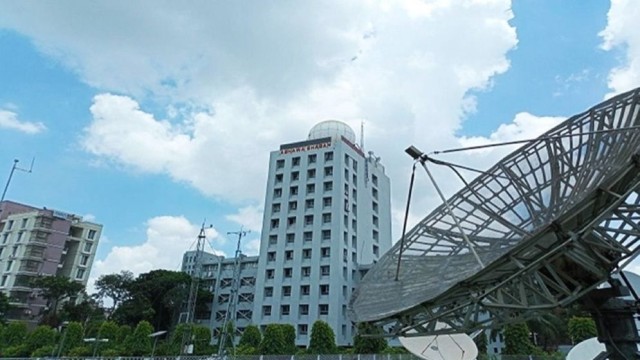
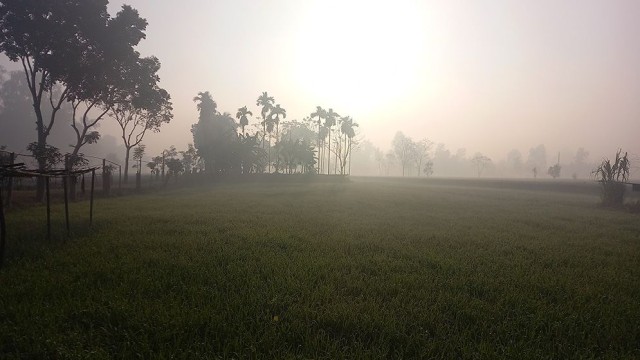
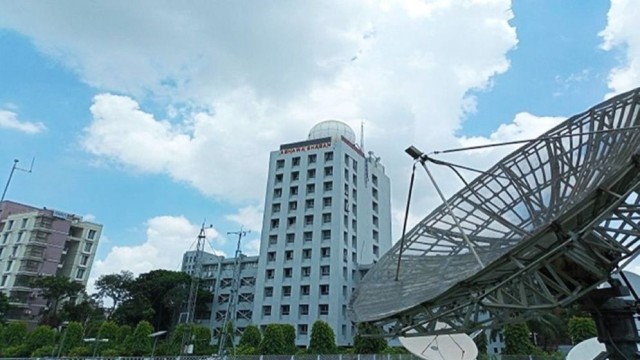








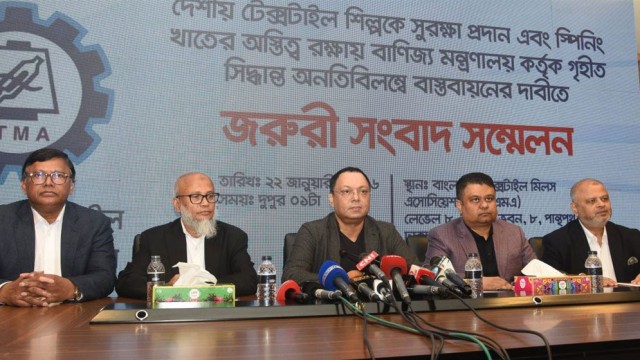












Comment: